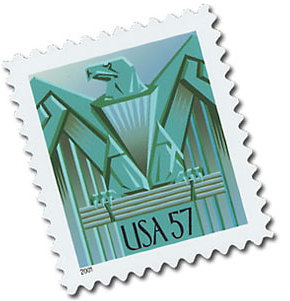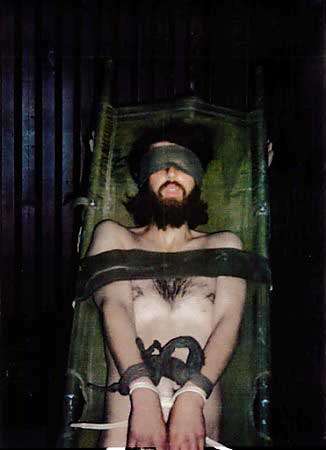(Note: I fucking lost my previous version of this entry while I was working on it) Secretary of State, Colin Powell, found time in his busy schedule to stop by the annual meeting of the Trilateral Commission to give a private off-the-record talk.
Delivering unprepared and off-the-record remarks, the secretary gave a review of the problems facing the Western world and discussed some details of the Mideast tour, the commission member said.
However, several members who attended the secretary’s speech declined to provide specifics of Powell’s remarks. …
In the commission’s 29-year-history, such discussions have remained closed to the public and all remarks made by speakers are off-the-record
So, essentially a bunch of unelected, unaccountable elitists get to meet privately with a senior member of our ‘elected’ government and we don’t get the privilege of knowing what exactly they’re discussing.
While I was at the Trilateral Commission’s official website I noticed that the former North American Chairman is Paul A. Volker. This is the same Paul A. Volker who is currently trying to help Arthur Andersen with their criminal problems having been caught cooking the books for Enron. Paul A. Volker, in addition to being a trilateralist, is also a former chairman of the Federal Reserve Board. Does that seem a little improper? You didn’t hear nothing, bub! Keep moving!
The Trilateral Commission has an interesting story behind it.
The Trilateral Commission was established in 1973. Its founder and primary financial angel was international financier, David Rockefeller, longtime chairman of the Rockefeller family-controlled Chase Manhattan Bank and undisputed overlord of his family’s global corporate empire.
Rockefeller’s idea for establishing the commission emerged after he had read a book entitled Between Two Ages written by an Establishment scholar, Prof. Zbigniew Brzezinski of Columbia University.
In his book Brzezinski proposed a vast alliance between North America, Western Europe and Japan. According to Brzezinski, changes in the modern world required it.
“Resist as it might,” Brzezinski wrote elsewhere, “the American system is compelled gradually to accommodate itself to this emerging international context, with the U.S. government called upon to negotiate, to guarantee, and, to some extent, to protect the various arrangements that have been contrived even by private business.”
In other words, it was necessary for the international upper class to band together to protect its interests, and to ensure, in the developed nations, that political leaders were brought to power who would ensure that the global financial interests (of the Rockefellers and the other ruling elites) would be protected over those of the hoi polloi.
- List of Members of Council on Foreign Relations and Trilateral Commission: I’m not sure how up to date this is.
- Trilateral Commission Books Yes, they have books. Might be worth a read to see what they’re advocating. Note: while I was checking out this book summary I noticed this passage which is interesting in relation to our government’s policy towards Afghanistan: The book includes chapters on energy policies in North America, Europe, and Japan; energy investment in Russia, Central Asia, and the Caucasus; and the energy dynamics of rapidly industrializing countries, particularly in Asia. Central Asia is exactly where the US has taken the ‘war against terror’. It is an area which western business would love to get their mitts on and there is a power vaccuum there which the US would like to fill. Look at who they’ve installed in Afghanistan, ex-Unocal employee Hamid Karzai. While else would they invade Afghanistan when all of the bombers of the WTC were Saudis?

 Power into the world. The new 57-cent stamp shows an eagle, which is an exact copy of the symbol of the Waffen SS, which in turn was taken from the Imperial Praetorian eagle of Ancient Rome. This is one of the first in a new series of postage stamps being released by the US Post Office to commemorate the New Age of State Power.
Power into the world. The new 57-cent stamp shows an eagle, which is an exact copy of the symbol of the Waffen SS, which in turn was taken from the Imperial Praetorian eagle of Ancient Rome. This is one of the first in a new series of postage stamps being released by the US Post Office to commemorate the New Age of State Power.